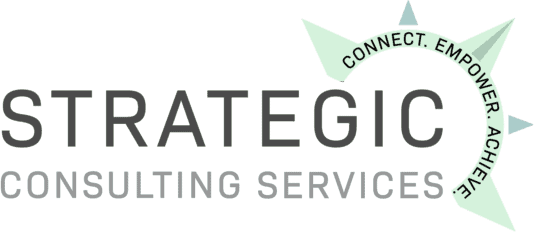There are a lot of reasons why people might have an employment gap. Unfortunately, there are a lot of employers who miss out on some great workers because they don’t encourage people with a gap in their work history to apply.
Pregnancy, older age, mental health challenges, and incarceration are just a few reasons why people may be overlooked because of time spent not working. Each of these types of people can experience discrimination in the employment market, resulting in making it difficult for them to find a job. However, having experienced one of these interruptions doesn’t preclude a potential employee from doing an excellent job. Not only can they be hard-working, but they are also more likely to show loyalty to an employer who took a chance on them.
Pregnancy may be difficult to deal with for an employer, with time off for appointments and modifications to work assignments. Even so, pregnancy is a temporary condition. Once it’s over, you’re going to have an employee who knows that your company values her work enough to support her, rather than push her away.
Older workers also experience a lot of discrimination. Employers often assume that they won’t stay in the job very long or that they will expect to be paid a lot of money. Everyone’s situation and outlook is unique, so the best thing that can be done is to get to know an older worker to understand their expectations and, if warranted, give them a chance. It’s best not to assume anything about what their expectations will be. Older workers also habe been known to demonstrate an excellent work ethic..
Some people have a gap in employment due to mental health challenges. While the stigma against mental health disorders is very slowly receding, it’s still present in many workplaces. People with mental health-related employment gaps often may have taken the time off of work to get treatment for their illness. When they explain this to potential employers, there is the assumption that they will be unreliable employees or need more time off for recovery. However, if they have taken the time off to get the care they need, it’s likely that they will be as reliable as any other employee. They are also likely to be kind, understanding, and supportive of other employees who may experience challenges.
People who have been incarcerated are another group that experiences a lot of discrimination. Most jobs conduct background checks, so no matter how long they have been released from prison and are working, the incarceration will still show up on their background check. While many employers are hesitant to hire people who have formerly been in prison, it’s important to remember that everyone is better than their worst mistake.
If you’re looking to encourage workers with a wage gap to apply, there are a number of ways to encourage them to apply. One should go without saying, but be open to the idea of hiring workers from these groups. Review your hiring process. There could be barriers for them that you don’t realize may be preventing them from applying. Be flexible, including allowing remote work options. Conduct outreach to communities that might be underrepresented in your company. Find out in advance if they might need any accommodations during their interview.
Pregnant women, older workers, people with mental health challenges, and formerly incarcerated workers are usual people for employers to look to hire, but most of the time, they’re worth it.
Contact the ADA Experts at Strategic Consulting
Our team is here to help with your disability accommodation issues, vocational rehabilitation needs, ergonomic evaluations, and other employee needs.
We have partnered and provided solutions to some of the largest companies in the world (such as Boeing, Microsoft, and Amazon). But, at our core, we are still “people taking care of people,” one project at a time. Our success is built upon and providing you the best solution to your workplace challenge. Contact us today by filling out a form (below), submitting a referral, or visiting our ‘Contact Us‘ page to find your nearest office.

Ric has been working in the industry since 2002, specializing in developing employer jobsite analysis and light duty programs, ergonomics consultations and adjustments, disability accommodations and providing effective return to work solutions. Ric is Matheson trained in Ergonomics and is a Certified Ergonomics Evaluation Specialist. He earned a Bachelor of Arts Degree in Psychology from Western Washington University and later his Master’s Degree, M.Ed., Education Counseling from Seattle Pacific University. Ric is currently a Registered Vocational Rehabilitation Counselor for the Department of Labor and Industries and has been a Certified Disability Manager Specialist since 2006.

